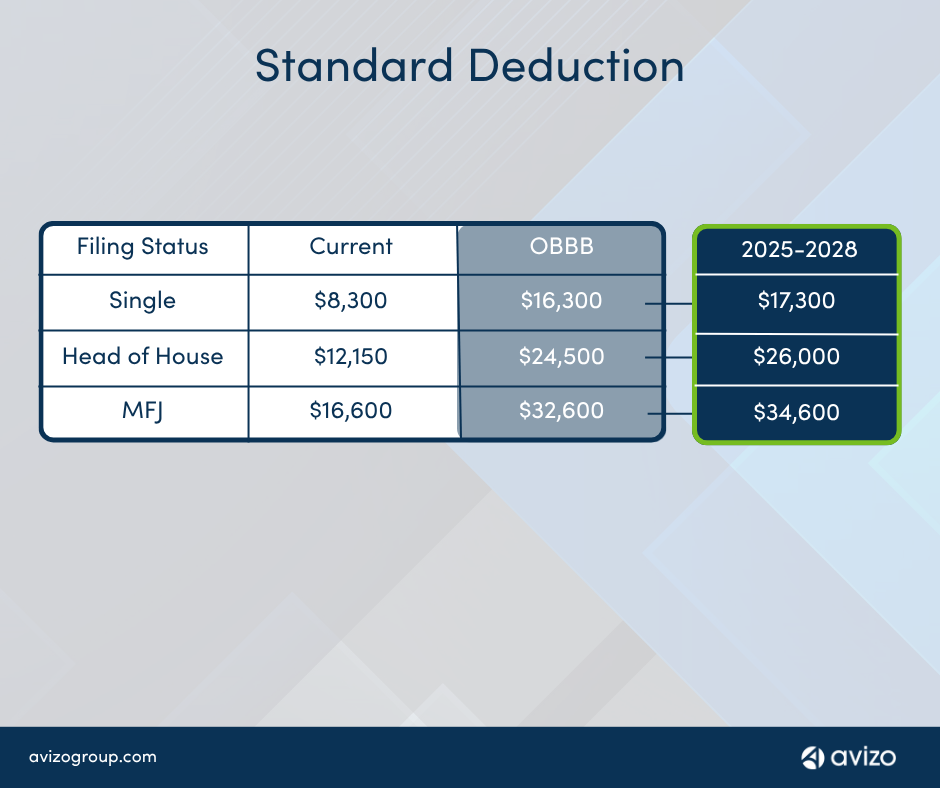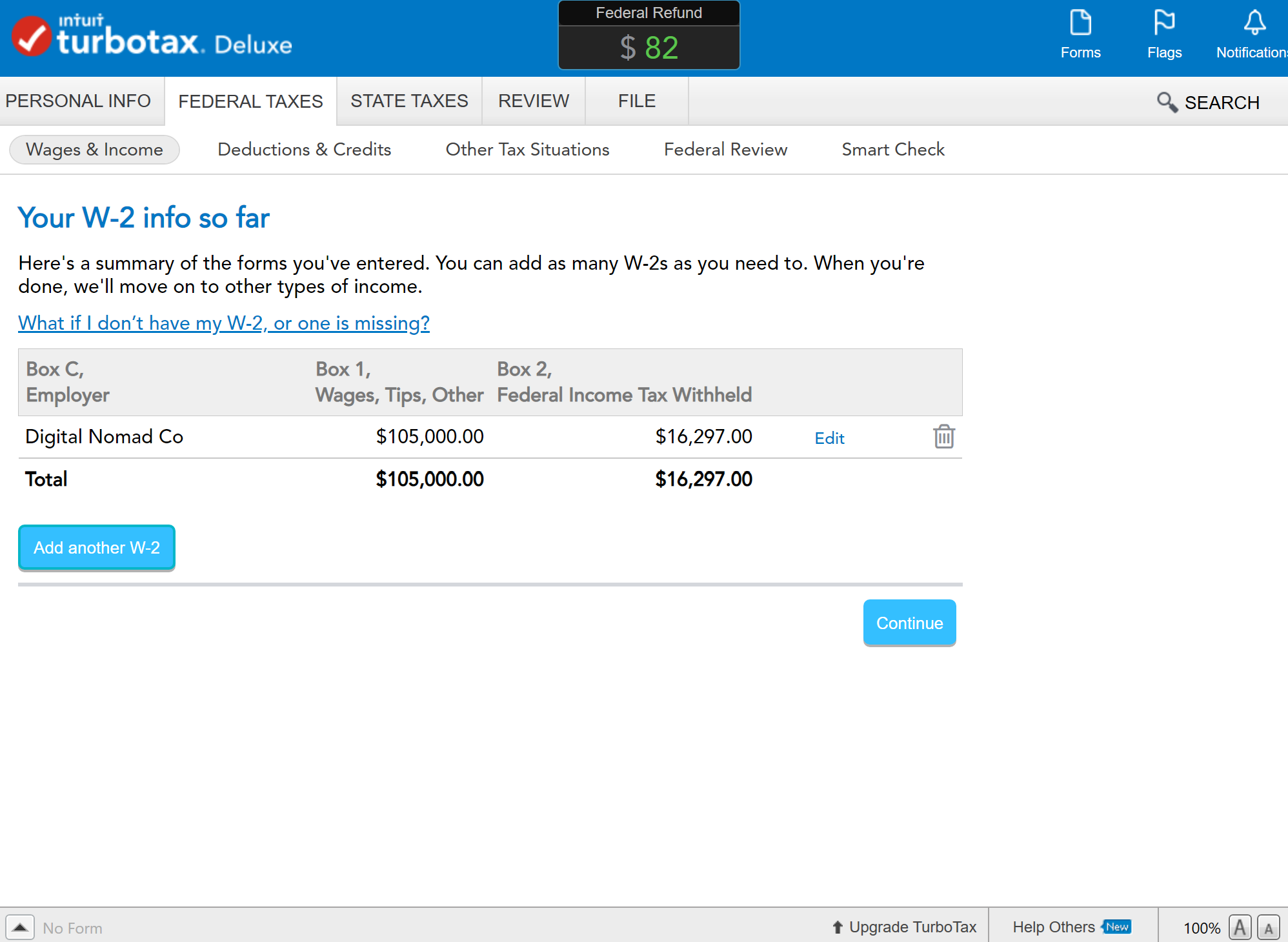The Foreign Earned Income Exclusion Explained: An Overview to Enhancing Your Basic Reduction
The Foreign Earned Revenue Exclusion (FEIE) is a necessary tax obligation provision for united state people and resident aliens living abroad. It permits eligible expatriates to omit a significant portion of their foreign-earned earnings from federal tax obligations. Comprehending the subtleties of FEIE can cause considerable tax savings. Numerous people overlook crucial information that can impact their eligibility and benefits. Checking out these facets might disclose opportunities for enhanced tax end results.
Recognizing the Foreign Earned Revenue Exemption
Many expatriates look for possibilities abroad, recognizing the Foreign Earned Income Exemption (FEIE) is essential for handling their tax obligation obligations. This provision allows united state residents and resident aliens living overseas to omit a certain amount of their earned income from government taxes. The FEIE was developed to reduce the tax concern on people that stay outside the United States, recognizing the special monetary difficulties they might deal with.

Eligibility Needs for FEIE

How to Assert the FEIE
To efficiently claim the Foreign Earned Income Exclusion (FEIE), taxpayers must initially confirm their qualification based on details requirements - FEIE Standard Deduction. The process includes several actions, consisting of filing the proper forms and providing essential paperwork. Recognizing these treatments and demands is important for making the most of tax benefits while living abroad
Eligibility Requirements
Eligibility for the Foreign Earned Earnings Exclusion (FEIE) rests on conference specific criteria set by the IRS. To certify, individuals have to be united state citizens or resident aliens that gain revenue while functioning abroad. They require to develop an international tax obligation home, which means their main workplace is outside the USA. In addition, applicants need to satisfy either the Bona Fide Residence Examination or the Physical Presence Examination. The Bona Fide Residence Examination calls for that a taxpayer resides in an international nation for a whole tax obligation year, while the Physical Existence Test necessitates costs at the very least 330 full days in an international country throughout a 12-month duration. Satisfying these requirements is vital for claiming the FEIE.
Declaring Process Steps
How can one properly navigate the process of asserting the Foreign Earned Revenue Exemption (FEIE)? Individuals need to establish their qualification based on the physical visibility test or the bona fide house test. When validated, they must complete IRS Form 2555, which details international earnings and residency. This type has to be connected to their yearly tax return, normally Kind 1040. It is crucial to accurately report all international gained earnings and warranty compliance with the IRS guidelines. Furthermore, taxpayers need to maintain proper documentation, such as foreign tax returns and proof of residency. By following these actions, individuals see this here can successfully declare the FEIE and possibly lower content their gross income considerably, improving their total monetary position.
Computing Your International Earned Revenue Exemption
While many expatriates seek to optimize their monetary benefits abroad, recognizing the calculation of the Foreign Earned Revenue Exclusion is important for accurate tax obligation reporting. The Foreign Earned Income Exemption permits qualifying individuals to omit a certain quantity of their foreign profits from united state taxes, which is changed each year for inflation. To determine this exclusion, expatriates should identify their complete foreign made income, which generally includes salaries, wages, and expert fees gained while living in a foreign country.
Next, they have to complete IRS Type 2555, providing details concerning their foreign residency and work condition. FEIE Standard Deduction. It is necessary to satisfy either the bona fide house test or the physical existence examination to get approved for the exclusion. Once these elements are developed, the maximum allowed exclusion amount is used, minimizing the person's taxable revenue significantly. Accurate computations can result in considerable tax financial savings for expatriates living and working abroad
The Impact of FEIE on Various Other Tax Advantages
The Foreign Earned Revenue Exemption (FEIE) can influence an individual's qualification for sure tax benefits, including the common deduction. By omitting foreign made revenue, taxpayers might find their modified gross earnings influenced, which subsequently can influence their credentials for various tax credits. Understanding these interactions is crucial for enhancing tax outcomes while living abroad.
Communication With Requirement Reduction
When individuals get approved for the Foreign Earned Revenue Exemption (FEIE), their qualification for the basic reduction might be influenced, potentially modifying their total tax obligation. The FEIE permits taxpayers to omit a particular amount of made revenue from united state taxation, which can cause a decreased taxable revenue. As a result, if the left out earnings goes beyond the standard deduction, it can lessen the advantage of claiming that reduction. Additionally, taxpayers who make use of the FEIE might discover that their ability to itemize reductions is likewise affected, as specific expenditures might be impacted by the exclusion. Comprehending this communication is necessary for expatriates to maximize their tax benefits while making certain conformity with united state tax legislations
Eligibility for Tax Credit Scores
Guiding via the complexities of tax obligation credit histories can be testing for migrants, especially because the Foreign Earned Income Exclusion (FEIE) can significantly affect eligibility for these advantages. The FEIE allows eligible people to leave out a significant portion of their foreign profits from united state tax, however this exemption can additionally affect accessibility to different tax credit scores. For example, taxpayers that utilize the FEIE might discover themselves ineligible for credit scores like the Earned Income Tax Obligation Credit Report (EITC), as these debts generally call for taxable revenue. Additionally, the exemption might limit the ability to assert particular deductions or debts related to dependents. Understanding the interplay between the FEIE and available tax obligation debts is important for expatriates aiming to optimize their tax circumstance.

Common Mistakes to Prevent When Asserting FEIE
Commonly, expatriates encounter a number of risks while declaring the Foreign Earned Revenue Exclusion (FEIE), which can bring about costly mistakes or missed out on possibilities. One regular blunder is failing to satisfy the physical presence or bona fide house test, which is vital for eligibility. In addition, migrants frequently overlook the demand to submit Form 2555 appropriately, leading to insufficient or incorrect submissions.
One more usual error includes inaccurately determining foreign made earnings, as numerous do not represent all appropriate revenue sources. Some migrants erroneously presume they can exclude all their revenue, unaware of the limitations on the official site exclusion amount. Furthermore, neglecting to keep proper documentation, such as travel days and residency standing, can jeopardize a case. Misunderstanding the ramifications of the FEIE on other tax obligation credit histories may lead to unintentional tax obligation responsibilities. Recognition of these risks can promote a smoother declaring procedure and maximize possible benefits.
Resources for Expats Navigating United State Tax Obligations
Steering united state tax obligations can be testing for expatriates, especially after running into pitfalls in asserting the Foreign Earned Income Exemption (FEIE) To assist navigate these complexities, a selection of resources are available. The IRS website supplies considerable details on tax obligation faqs, types, and policies especially customized for expatriates. Additionally, organizations like the American People Abroad (ACA) and the Deportee Tax Professionals offer support and support to guarantee conformity with tax obligation laws.
On-line forums and areas, such as the Deportee Forum, allow expatriates to share experiences and insights, cultivating a supportive atmosphere for those dealing with similar difficulties. In addition, tax prep work software application, like copyright and H&R Block, commonly consists of attributes developed for deportees, making the declaring procedure much more straightforward. Involving with these resources can empower migrants to better recognize their tax obligation commitments and make best use of benefits like the FEIE.
Regularly Asked Concerns
Can I Declare FEIE if I'M Freelance Abroad?
Yes, self-employed people abroad can declare the Foreign Earned Revenue Exemption (FEIE) To qualify, they must satisfy particular demands pertaining to residency and earnings, ensuring they stick to IRS guidelines for expatriates.

Is the FEIE Applicable to Foreign Pensions?
The Foreign Earned Income Exemption (FEIE) is not suitable to foreign pensions. Pensions are taken into consideration unearned income and do not get the exclusion, which particularly relates to made income from employment or self-employment abroad.
What Takes place if I Go Back To the United State Mid-Year?
If an individual returns to the U.S. mid-year, they may need to readjust their tax obligation situation. Their qualification for particular deductions and exemptions, consisting of the Foreign Earned Income Exclusion, might be impacted by their residency condition.
Can FEIE Be Claimed With Other Reductions?
Yes, the Foreign Earned Revenue Exemption (FEIE) can be claimed along with other reductions. Care should be taken to assure proper compliance with tax regulations, as particular restrictions might apply based on private situations.
How Does FEIE Influence State Tax Commitments?
The Foreign Earned Income Exemption can lower a taxpayer's government revenue tax obligation, but it does not immediately influence state tax obligation obligations, which vary by state and might still require coverage of international earnings.
Several expatriates seek possibilities abroad, comprehending the Foreign Earned Revenue Exemption (FEIE) is important for managing their tax obligation commitments. By leaving out foreign gained income, taxpayers might locate their modified gross earnings affected, which in turn can impact their credentials for different tax obligation credit ratings. Guiding with the complexities of tax obligation credit reports can be challenging for migrants, particularly given that the Foreign Earned Earnings Exemption (FEIE) can significantly affect qualification for these benefits. Taxpayers that make use of the FEIE may discover themselves disqualified for credit reports like the Earned Income Tax Credit Report (EITC), as these debts normally require taxed income. Steering U.S. tax commitments can be testing for migrants, particularly after experiencing risks in asserting the Foreign Earned Revenue Exemption (FEIE)